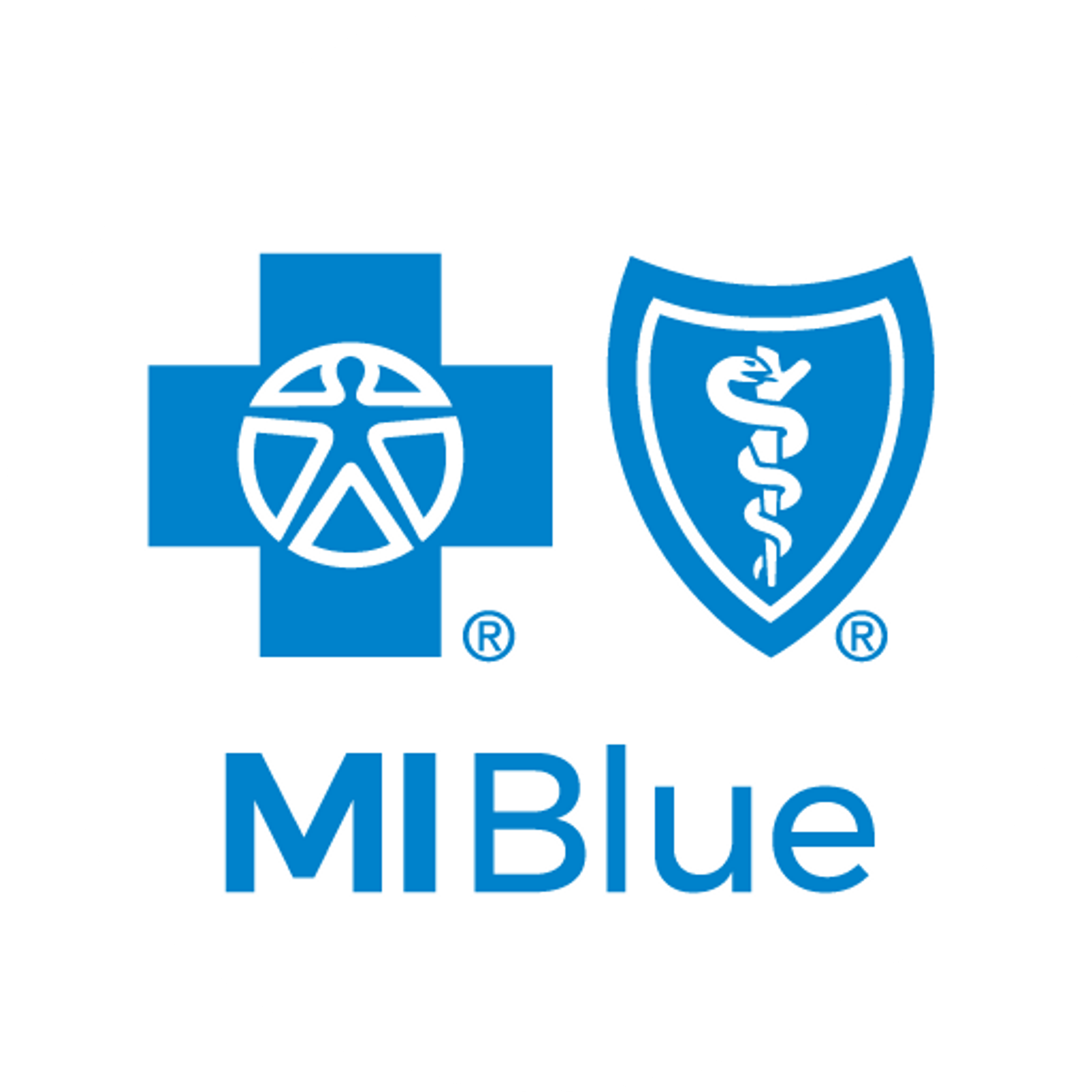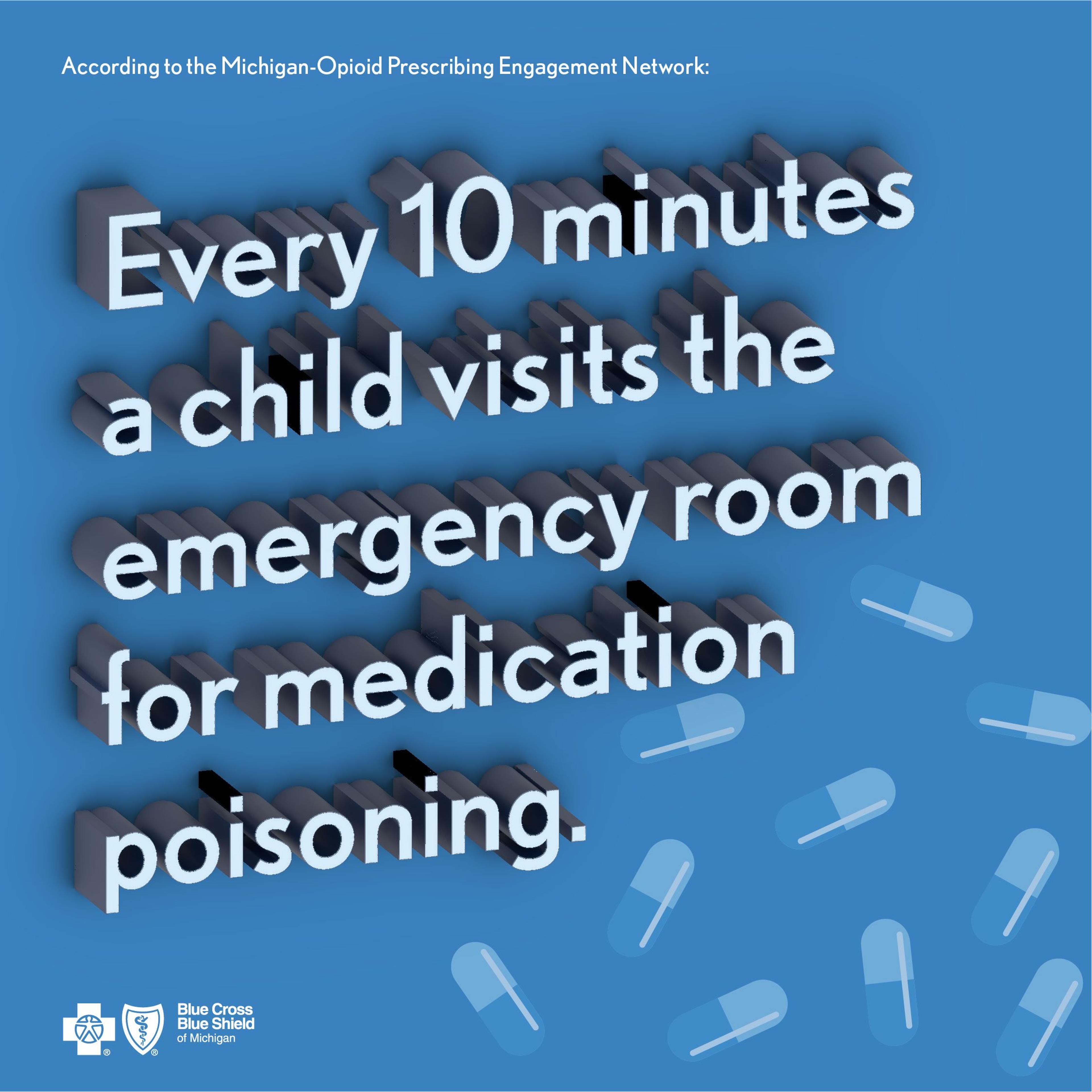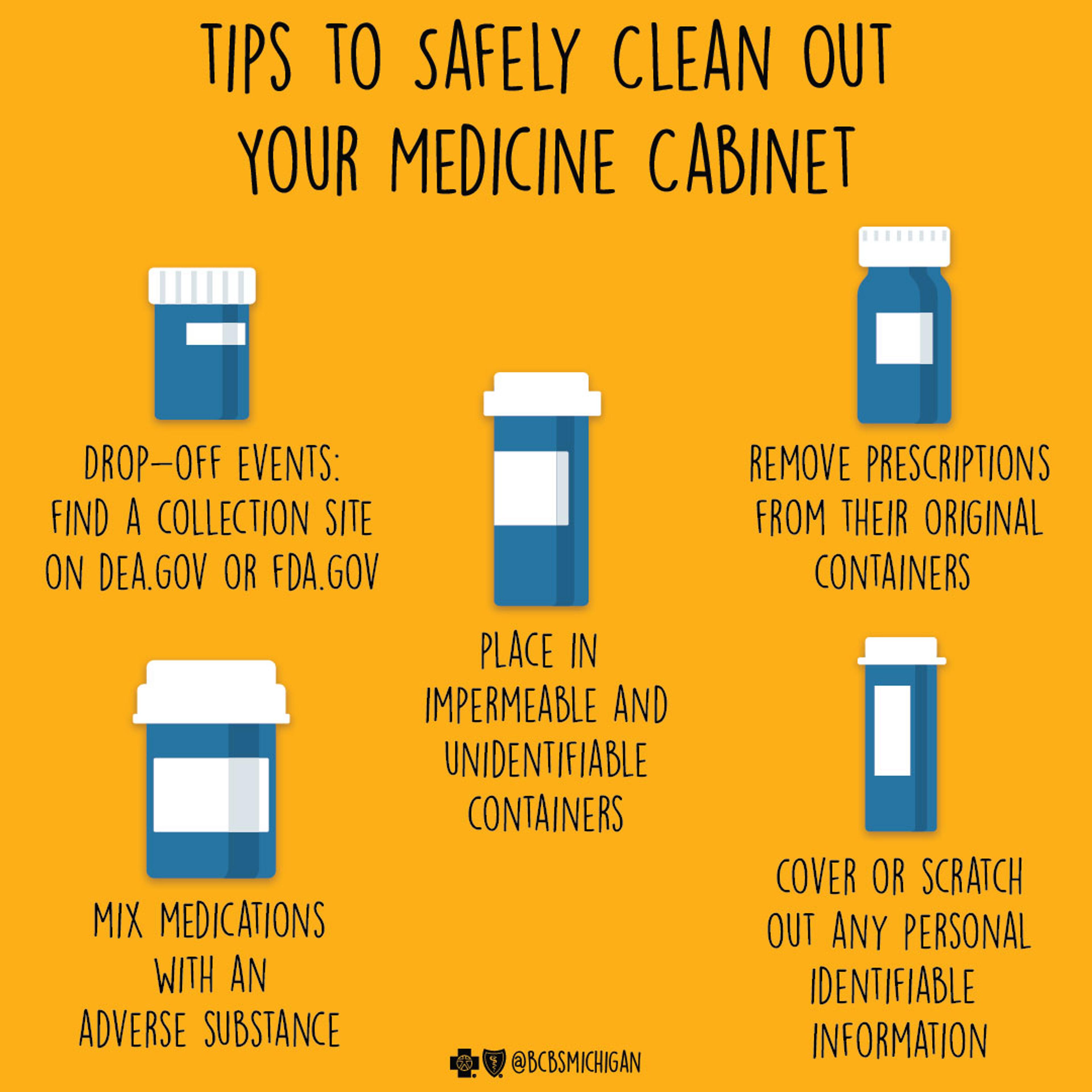Dispose of Unused Medications on Upcoming Drug Take Back Day

Blues Perspectives
| 2 min read

Disposing of old prescriptions and unused medications is an important step to minimize potential abuse. However, flushing them down the drain or the toilet is not the way to go.
Since medicine doesn’t lose potency just because it’s expired, flushing it away doesn’t mean it’s gone. Research has linked water contamination via prescription disposal with abnormalities in aquatic species like fish. When medicines are flushed or thrown in the garbage, they also can get into local waters.
Aside from environmental reasons, removing prescription drugs from your medicine cabinet also helps keep them out of the hands of your loved ones.

According to the 2021 National Survey on Drug Use and Health, 9.2 million Americans age 12 and older misused opioids like heroin or prescription pain relievers in 2021. Among those people, 8.7 million people misused prescription pain relievers compared with 1.1 million people who used heroin. Many people are getting their pills through friends or relatives, often by raiding the family medicine cabinet.
Aside from alcohol, marijuana and tobacco cigarettes, prescription and over-the-counter drugs are the most commonly abused substances by Americans 14 and older. Studies have shown that many people who inject heroin reported abusing prescription opioids before starting to use heroin.
To counteract drug misuse, the U.S. Drug Enforcement Agency created National Prescription Drug Take Back Day in 2010. The idea: Offer a safe and anonymous way for people to get rid of expired or unwanted medications. The program has led to the collection of millions of pounds of prescription drugs nationally since its start.
The next National Prescription Drug Take Back Day is Saturday, April 27, 2024. All you need to do is take your unused or expired prescriptions to one of the designated drop-off locations near you.

As the state’s largest health insurers, Blue Cross Blue Shield of Michigan and Blue Care Network are committed to improving the value and quality of life in communities across Michigan. As a part of this commitment, BCBSM and BCN have supported the DEA’s Drug Take Back Day since 2011. Learn more here.
Related:
- Tips for Prescription Safety, Storage and Disposal
- Dental Prescriptions and the Dangers of Teen Drug Abuse
- The Dangers of Sharing Medicine
Photo credit: Getty Images





